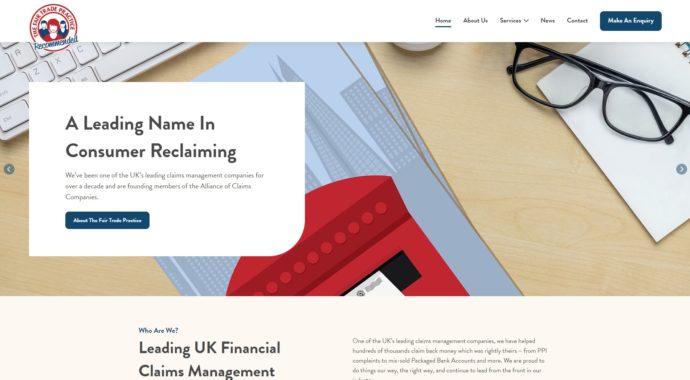Barclays may still face an increased multi-million pound fine and potential criminal charges after new information forced the Financial Conduct Authority (FCA) to delay a decision on a funding probe.
Lawyers Simmons & Simmons, who are representing the bank, discovered thousands of ‘significant’ documents relating to the case which have forced the industry watchdog to spend longer looking into the case.
According to a report by the Financial Times the documents contained emails from top executives at Barclays, but the content of the emails is unclear.
Allegations in the FCA probe involve funding secured by the bank to avoid being bailed out by the taxpayer during the financial crisis in 2008.
Qatari investors provided more than £4.5bn to help the bank stave off a bailout but according to the FCA’s original probe in 2013 they received £322m in return and the fees were not disclosed by Barclays.
Despite being faced with a £50m fine, the bank disputed the charges but the case was held up whilst the Serious Fraud Office (SFO) conducted a linked investigation.
It was announced earlier this month that the FCA’s probe was to be re-opened, as they labelled the banks actions ‘reckless’. A decision from the SFO is expected at the end of this month.
It is the third major misconduct charge Barclays have faced in the last 18 months, following fines from the FCA for ‘poor handling of financial crime risks’ and from the Swiss Competition Commission for their role in the rigging of interest rates.
This is also in addition to being the second biggest contributor out of all the UK’s banks to the Payment Protection Insurance (PPI) mis-selling scandal, setting aside £8.5bn so far to compensate mis-sold customers.
It is estimated that £50bn worth of PPI policies were sold in total in the UK over the past 10-15 years and figures from the Financial Conduct Authority (FCA) show almost half that amount still remains unclaimed.
In an attempt to bring an end to the mis-selling scandal the FCA confirmed a deadline on all new PPI claims for August 2019, despite concerns from some commentators that many people would miss out due to the cut-off.



